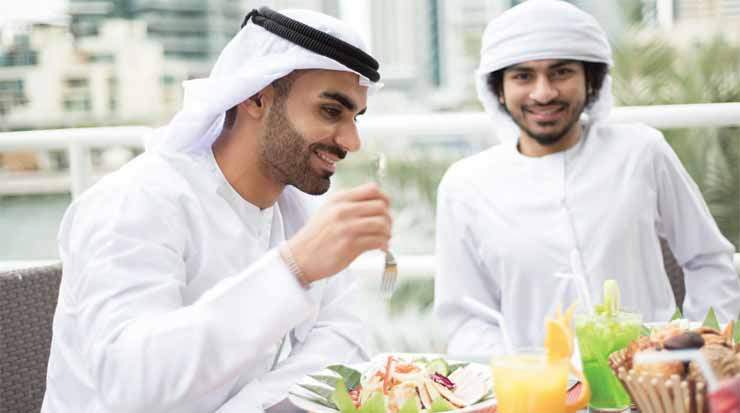“The entire sector is now looking at how they can diversify their arrivals and consequently put marketing plans and infrastructure changes in place to cater to the requirements of these travellers,” divulged Bahardeen, saying that in response to the growing demand, Crescent Rating teamed up with MasterCard to provide a benchmark tool for destinations to get a better understanding of where they stand and help them create the best possible strategy going forward.
From tourism agencies to government bodies, the organisation provides insight, research, consultancy, training and rating services to all sectors of the industry.
“Like all travellers, Muslim travellers are also becoming more sophisticated in their travel,” explained Bahardeen. “Apart from the usual food and prayer facilities, Muslims are looking for culture, history and heritage.
For example, not only do they want Halal but they want Halal local cuisine so they can experience the culture and destination they visit.”
In fact, those working in tourism understand that this form of travel is not only about finding and offering Sharia-compliant food, but about meeting the preferences of these experienced, well-informed and curious visitors throughout their entire journey.
As Bahardeen pinpointed, with the majority of these travellers being young professionals, they are increasingly tech savvy and often take advantage of digital tools to map out their travel plans.
Similar observations were recorded by Amadeus, with the technology expert’s report suggesting that those opting for Halal Halal compliant services heavily rely on word of mouth and social media channels.
With over 30 percent of them representing the 15 – 29 years old age group, they are interested in both familiar as well as new, more off-the-beaten-track locations. Furthermore, and even more importantly, they are not only highly educated but also have a high spending power.
“The Amadeus-commissioned study [conducted by UK-based research firm, Context], Halal Travel 2016 highlights three elements that might prove very useful for the travel sector to serve this segment of travellers,” explained Medawar, revealing the most significant points.
“They wish to maximise their trip value, they expect to find relevant accommodation adapted to their culture and traditions and, last but not least, they are ready to explore new family-friendly destinations in the world, preferably staying within their comfort zone,” disclosed Medawar.
Nevertheless, even if they often favour locations that are culturally associated and lifestyle wise similar to their home country in order to ensure a welcoming environment and that all their needs and preferences can be satisfied, as Amadeus’ study shows, Halal travellers are also keen to unlock untapped destinations and wish to visit non-Muslim countries as easily as locations that preserve the same values as their native lands.









